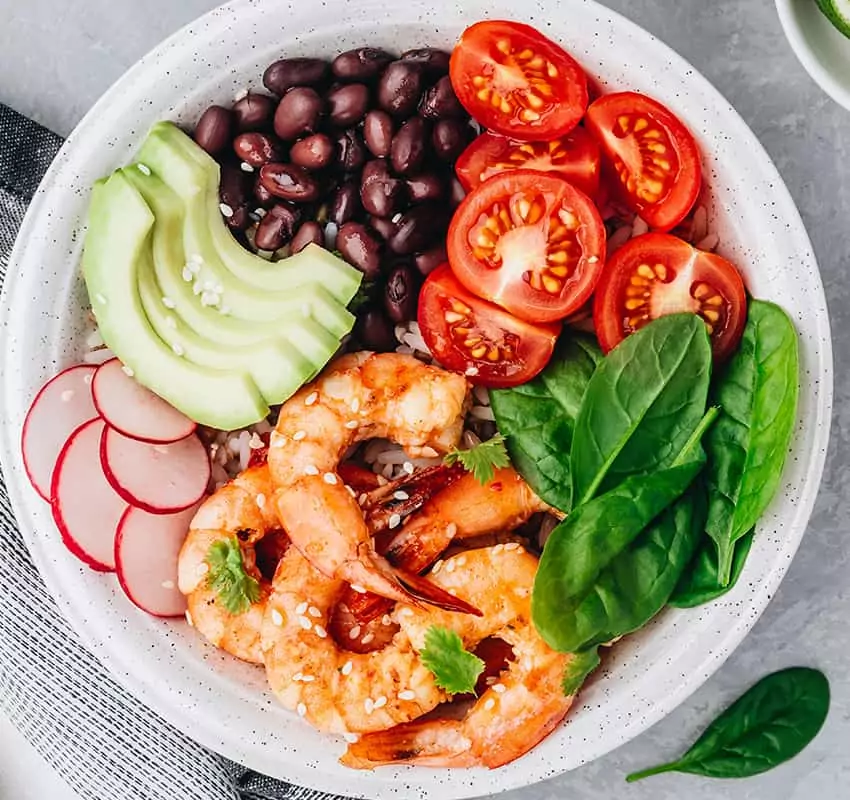South Beach Diet roasted vegetables offer a delicious and healthy way to enjoy a variety of nutritious options while adhering to the diet’s principles. This guide explores the benefits of incorporating roasted vegetables into your South Beach Diet plan, providing practical tips, recipes, and nutritional information to help you create flavorful and satisfying meals. We’ll cover everything from selecting the right vegetables and mastering roasting techniques to meal planning and creative ways to use leftovers, ensuring you maximize the nutritional value and enjoyment of this versatile cooking method.
The South Beach Diet emphasizes low-glycemic carbohydrates and healthy fats, making roasted vegetables an ideal choice. Roasting enhances the natural sweetness and flavors of vegetables, reducing the need for excessive seasonings while still providing a satisfying culinary experience. This guide aims to provide you with the knowledge and resources to seamlessly integrate roasted vegetables into your South Beach Diet journey, promoting weight management and overall well-being.
Storage and Leftovers
Proper storage of leftover roasted vegetables is crucial for maintaining their flavor, texture, and nutritional value. Storing them correctly will extend their shelf life and allow you to enjoy them in various ways beyond the initial meal. This section details best practices and creative repurposing ideas.
Storing leftover roasted vegetables appropriately prevents spoilage and maximizes their usability. Airtight containers are key to minimizing exposure to air and slowing down the oxidation process that can lead to discoloration and loss of flavor. Refrigeration is the standard method for preserving these vegetables, keeping them fresh for several days.
Refrigeration and Shelf Life
Refrigerating roasted vegetables in an airtight container is the most effective method for extending their shelf life. Generally, roasted vegetables will remain safe to eat for 3-4 days when stored properly in the refrigerator. However, their quality may begin to decline after this time, with the vegetables potentially losing some of their vibrant color and crispness. Factors such as the type of vegetable and the roasting method can influence the precise shelf life. For example, heartier vegetables like carrots and potatoes may last slightly longer than more delicate vegetables like zucchini or bell peppers.
Repurposing Leftover Roasted Vegetables
Leftover roasted vegetables offer a fantastic opportunity to create new and exciting meals. Their robust flavors lend themselves well to various culinary applications. Instead of discarding them, consider these options:
Roasted vegetables can be added to salads to add depth of flavor and texture. Imagine a hearty salad with roasted sweet potatoes, Brussels sprouts, and pecans, tossed in a maple-balsamic vinaigrette.
They can also be incorporated into grain bowls. A quinoa bowl topped with roasted vegetables, chickpeas, and a tahini dressing offers a balanced and flavorful meal.
Roasted vegetables can be used as a pizza topping, adding a unique and flavorful twist to a classic dish.
Finally, leftover roasted vegetables can be blended into soups or stews, adding a depth of flavor and richness. A creamy roasted vegetable soup is a comforting and nutritious option.
Freezing Roasted Vegetables
For longer-term storage, freezing roasted vegetables is a viable option. Allow them to cool completely before placing them in freezer-safe containers or bags. Freezing can extend their shelf life to several months, maintaining their nutritional value. Remember to label and date the containers for easy identification. When ready to use, frozen vegetables can be added directly to soups, stews, or other dishes without thawing. They may require slightly longer cooking times than fresh vegetables.
Closing Summary
Incorporating roasted vegetables into the South Beach Diet offers a wealth of benefits, from boosting nutrient intake and improving satiety to adding variety and flavor to your meals. By understanding the principles of the diet, mastering proper roasting techniques, and utilizing the recipe ideas and meal planning suggestions provided, you can successfully and enjoyably integrate these delicious and nutritious additions into your daily eating habits. Remember, mindful planning and creative repurposing of leftovers will ensure a consistent and satisfying culinary experience throughout your South Beach Diet journey.




